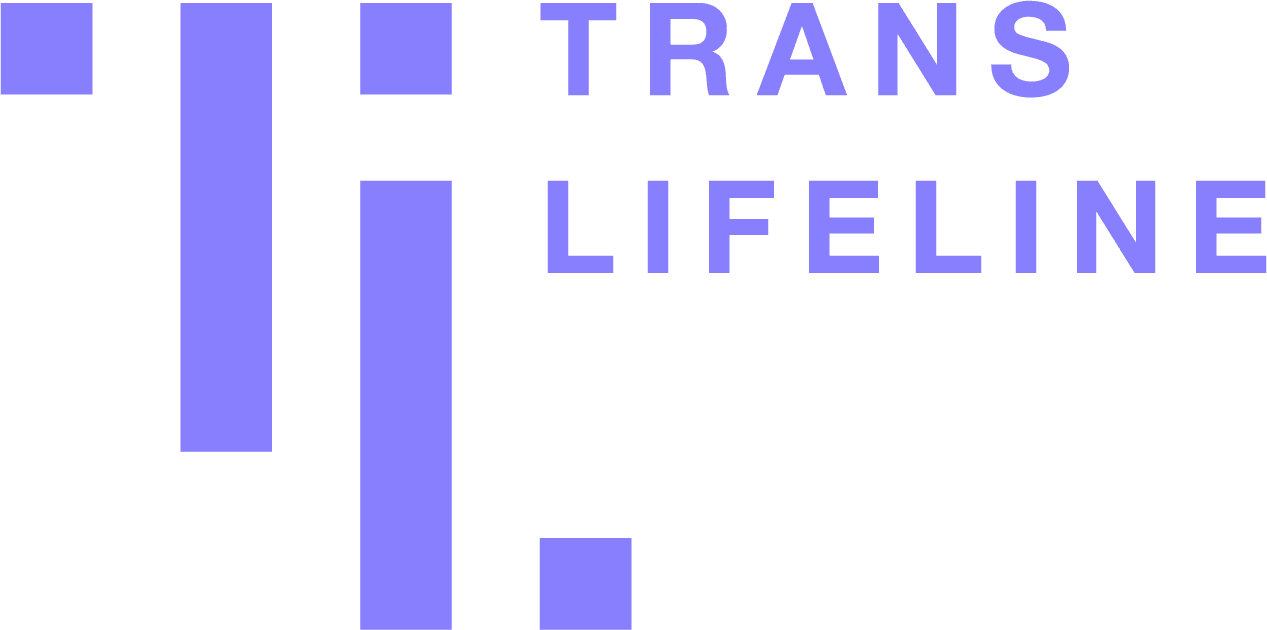The impact of our work extends far beyond the direct services we provide. From our program design to our advocacy efforts, everything we do at Trans Lifeline is in support of broader movements for collective liberation. We are building community-based alternatives to ways trans people have been policed, pathologized, and targeted by oppressive systems at every turn. We are healing justice, mutual aid, and community empowerment in action. Specifically, we work on:
Suicidality & Trauma
For many transgender people, the risks we face when coming out include losing family, friends, jobs, healthcare, partners, housing, and spiritual communities. This is particularly true for Black, Latinx, and Indigenous trans women, who face increased financial and institutional barriers due to racism and transmisogyny. Increased experiences of physical violence, sexual assault, domestic and intimate partner violence, and state violence result in individual and collective trauma and loss. Unfortunately, most mental health services (and especially crisis services) rely on a clinical framework that focuses on impulse stabilization and approaches mental health as a personal, individual issue rather than an underlying lack of material resources and overwhelming discrimination.
Trans Lifeline’s healing justice-informed peer support model understands that suicidality and mental health crises are normal responses to the traumatic conditions and experiences we’re exposed to—rather than pathological responses. Our real emergencies are the interlocking systems that further stigmatize us and make affordable housing, affirming healthcare, safe work, homes, family, and community connections unavailable.
Rather than analyzing our peers’ experiences through the lens of behavioral risks, our peer support model challenges the underlying institutional, structural, and cultural factors leading to suicidality in trans people and communities. Our community’s need for self-determination and agency in this context means we honor the autonomy of trans people as the sole decision-makers in our own lives in every situation. Accordingly, we advocate for an end to police intervention in mental health crises and for the decriminalization of suicide. By connecting trans people with each other based on lived experience, we’re able to provide affirming community and trans-specific resources for resilience.
Non-consensual Hospitalization & Medical Discrimination
A lack of trans competency in hospitals and treatment centers means that trans people are often denied access to correctly gendered facilities, gender-affirming clothing, transition-related medication, and adequate treatment based on gender. Involuntary psychiatric hold histories can be used to deny trans patients the ability to give informed consent for gender-affirming medical treatment in the future.
Trans Lifeline’s firm policy against involving 911, emergency responders, or police on crisis calls to our hotline (unless an individual explicitly requests them) supports trans people’s agency regarding hospitalization within a medical and mental health care system that is often discriminatory and unaffordable. Studies linking emergency room visits and involuntary hospitalization with increased suicidality and attempts support this policy.
Our peer support model addresses near-term suicidal impulses with anonymous, confidential, compassionate community care free of charge, free of stigma, diagnoses, or fear that calling for help will result in involuntary hospitalization. Callers report that this trust in our service enabled them to reach out for support they otherwise wouldn’t have.
Economic Oppression
Suicidality in the trans community is inextricably tied to the economic justice issues trans people face at alarming rates. Trans people, particularly trans people of color, are more likely to be unemployed, lack secure housing, transportation, and health insurance, and live below the federal poverty line than our cis LGB counterparts. The criminalization of trans people, lack of access to life-saving affirming health care, employment discrimination, and family rejection all play a structural role in why trans people, institutions, and movements experience economic precarity.
Much of our necessary medical care has been categorized as cosmetic, pushed into self-pay categories, and excluded from health plans we often can’t even access due to hiring discrimination. We’re forced to pay hundreds of dollars for court proceedings and documents that reflect our name and gender, and to date, there are no federal legal protections when we’re fired from our jobs for transitioning. Thus, meaningful support for trans people often means financial support. Low-barrier economic redistribution is a key component of our work because of the impact barriers to financial security have on suicidality.
The historical and contemporary links between racialized populations and financial precarity require an equity-based framework for reparations and redistribution, so 75% of our name change microgrants are reserved for BIPOC trans people. Our Inside Advocacy microgrants support detained and incarcerated trans people who are more likely to be of color, and our Trans Migrant Partnership Program supports migrants with any costs associated with the process. We believe in funding our community by giving money directly to trans people for the things that make our lives more navigable on a daily basis. We trust trans people to use funds as needed and do not require receipts or documentation proving they were spent as intended.
Racism
The histories of racism, colorism, gender binarism, and transphobia are inextricably linked due to the creation of a sex binary system that was medicalized to naturalize and institutionalize racism, sexism, and gender roles. Rooted in a history of colonization, white supremacy, and genocide, racialized people are the intended targets of increased state violence, incarceration, and economic and health disparities with intergenerational impacts specific to different communities’ histories.
The hypersexualization of people of color, trans people, and feminized people has meant that trans BIPOC have been considered as always dangerous or always in danger. The lived experiences of racialized people must be accounted for in peer support models of community care, centering both gender identity and race by ensuring BIPOC volunteers are available to support BIPOC receiving care from Trans Lifeline.
Economic injustice and redistribution require accounting for disparate levels of privilege caused by colonialism, white supremacy, ableism, and transmisogyny by prioritizing racial equity for BIPOC facing the most barriers to simply existing. Structural violence requires structural solutions. Reparations and the abolition of policing and incarceration are necessary to achieve trans liberation and racial justice.
Xenophobia
The legacy of colonialism and white supremacy shapes state violence not only at home but also abroad and at our borders. We serve trans people from stolen, unceded Indigenous lands. From the widespread genocide of indigenous communities and denigration of Two-Spirit people to violent intervention, sanctions, and environmental destruction in other countries, harm and trauma directly impact many of the indigenous and migrant trans people we serve in the U.S. and Canada.
Trans people in or from countries and cultures targeted by war and xenophobia often face a double struggle to survive in the face of both transphobia and military violence. In the US, indigenous lands are often militarized, and ICE and CBP operations target migrants without extending federal civil rights, detaining trans migrants indefinitely in abusive, improperly gendered facilities.
Our hotline provides peer and crisis support in Spanish and English. We provide support to trans veterans and affirm the right of trans people to be openly employed by the U.S. government. At the same time, we stand with trans people around the world who are impacted by imperialism, militarism, anti-immigrant and anti-Asian hate, Islamophobia, antisemitism, and pinkwashing. We stand in opposition to militarism at home, at our borders, and across the world. We call for abolishing ICE and are in support of full rights and asylum for trans immigrants, indigenous sovereignty, and Boycott, Divestment, and Sanctions (BDS) movements. We provide safe, anonymous services to any trans or questioning person, regardless of their ethnic, political, religious background, tribal affiliation, veteran, or migrant/documented status.
Isolation
For many people who call our hotline, that conversation is the first they’ve ever had with another trans person. Isolation is a critical risk factor in suicidality for all populations, and many crises are precipitated by not having access to a supportive community and resources. Trans people in rural areas, trans youth living with unsupportive caregivers, trans people living with disabilities, experiencing houselessness, domestic or intimate partner violence, or being held inside detention centers or prisons often experience further isolation from a supportive community.
The presence and support of peers who share lived experiences in marginalized communities is key to crisis prevention. Providing space to create affirming social and community connections as prevention means that we focus primarily on peer support, not just crisis intervention. Callers can call as many times as they like to access supportive trans communities in both English and Spanish. We’re here to affirm the joy you might feel when receiving your first testosterone shot, especially if there isn’t anyone currently in your life that you can celebrate with. We’re here to connect trans people with local trans resources in your geographic areas or find virtual ones instead. We’re here to talk to any trans or questioning person who wants to talk to a trans peer for any reason.
Criminalization
Trans people, particularly BIPOC trans people of color and trans women, are disproportionately targeted by the police. Police training emphasizes force and presents a threat of violence towards Black and Indigenous people, people of color, neurodivergent people, and disabled people. These practices have been codified in laws that target trans people and are perpetuated by police personnel through “walking while trans” laws, arrests of trans people on sex work charges simply for possessing condoms, “stop and frisk” laws, and the targeting of survival sex work and drug use. This targeting contributes to structural marginalization, violence, trauma, and increased crises for trans people—and further prevents trans people from obtaining safe work, housing, and healthcare.
Policing practices often escalate mental health-related crisis support calls and create criminal records for individuals in need of community support. Arrests often lead to incarceration inside facilities that aren’t consistent with a trans person’s gender, sexual violence, trauma while imprisoned, and denial of trans medical care. People with “untreated mental illness” are 16 times more likely to be killed by law enforcement, and police responses to crisis calls can lead to undocumented trans people being detained and/or deported.
As an abolitionist organization that is fully divested from police, not only will Trans Lifeline not involve 911, police, or emergency responders on any of our calls without the explicit request and informed consent of our callers – but in order to fully secure this policy, we do not reroute calls to other hotlines when our operators are busy. We share our learnings from offering crisis support without emergency services or law enforcement to resource communities and individuals responding to crises without calling 911.
Ableism
Pathologization is one of transphobia’s most powerful weapons, and it’s deeply entrenched in a medical model of suicidality and suicide prevention. Until the last decade, gender dysphoria itself was listed as an official mental disorder and is still politically deployed as such in order to deny our existence, promote harmful pseudoscientific “reparative therapies,” and legally entrench discrimination. Persons experiencing gender dysphoria who also experience the effects of structural marginalization can be pathologized or misdiagnosed for these experiences when trauma-informed trans-affirming care is needed.
Trans people often do not have access to affirming mental health care, and neurodivergent trans people are at greater risk of being criminalized and/or hurt by responders while in crisis. In fact, people with “untreated mental illness” are 16 times more likely to be killed by law enforcement.
Trans liberation and disability justice are inextricably connected. Affirming the validity, wisdom, and self-determination of neurodivergent people and people living with disabilities runs counter to the pathologization and stigmatization of transness, disability, and structural trauma. We provide assistance upon request for completing Microgrant applications and look forward to adding anonymous text-based solutions to make our peer support more accessible. We advocate for access to community care centers for trans people living with various disabilities and trust trans people to tell us what they need instead of prescribing treatment.

